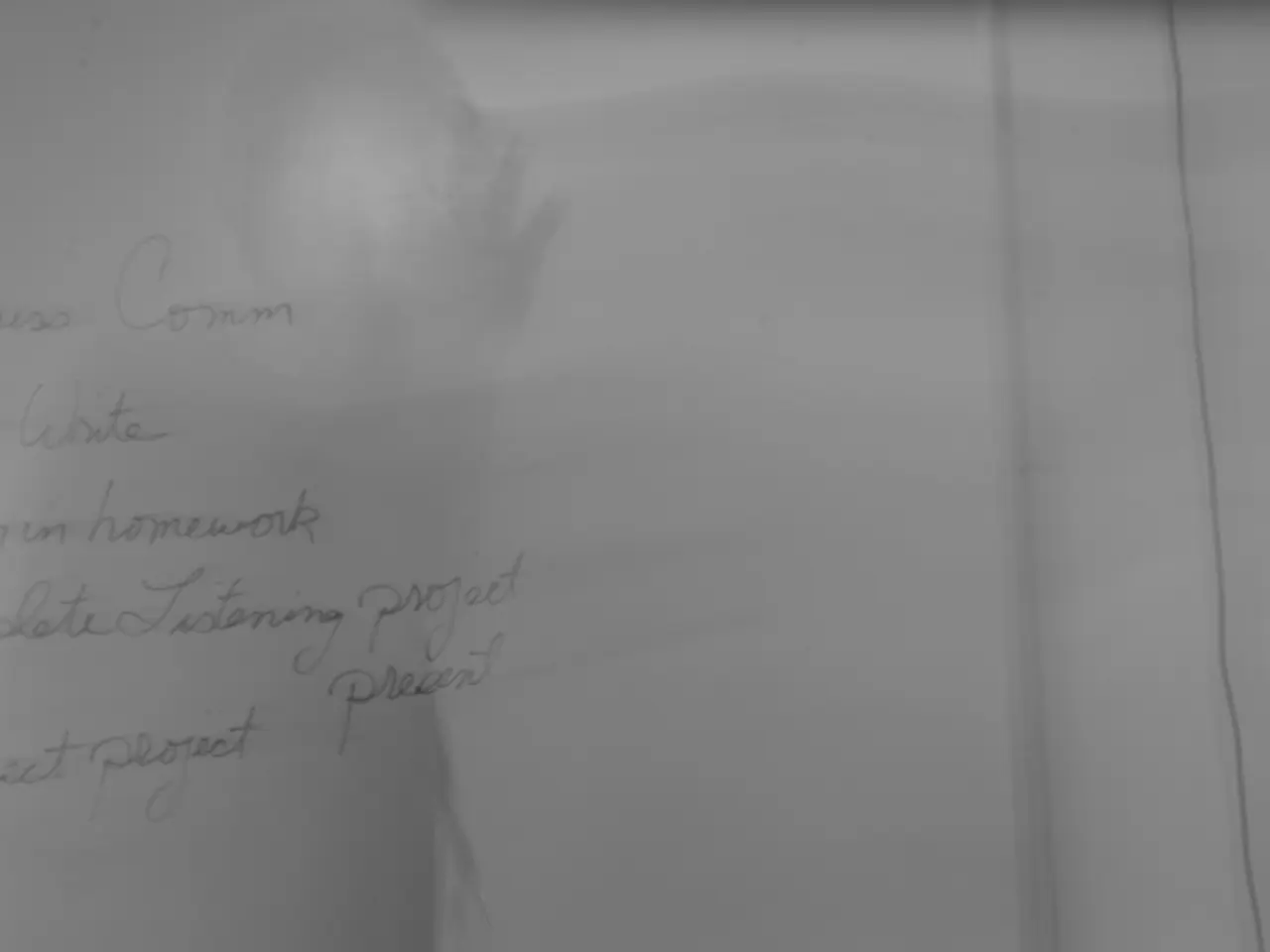Protective Taxes: Another Act of America Inflicting Harm upon Itself
In a surprising turn of events, US President Donald Trump has announced a series of enormous new tariffs on almost every country in the world. The move, which has been met with mixed reactions, is part of Trump's broader trade and economic agenda.
Trump's apparatchiks are calling for Americans to forsake material prosperity and line up behind his ideological program. However, the economic impact of these tariffs is causing concern among many.
The tariffs mean import taxes and raising the prices of imported goods is the only way tariffs could ever shift production to America from overseas. This could potentially lead to increased costs for American consumers and businesses, as well as market instability.
Indeed, markets are set to fall even more due to the import taxes being bigger and more aggressive than investors had been expecting. Trump's poll numbers are also falling as swing voters recoil from the economic policies.
The tariffs are much higher than the Smoot-Hawley tariffs imposed at the start of the Great Depression. This has raised concerns about the potential for a repeat of economic history.
Within the US Congress, key supporters of President Trump's tariffs have mainly been from the Republican Party. However, the policies have faced some opposition and delays, with Democrats opposing related spending bills that indirectly affect trade measures.
Congress has the power to revoke Trump's tariff authority and cancel all of these tariffs. However, the fact that Congress has not done so suggests a critical mass of our elected legislature is on board with Trump's program.
Some Trump supporters hope that the tariffs are a bargaining tactic to force other countries to lower their own trade barriers against American goods. However, this is incredibly unlikely.
Peter Navarro, Trump's key economic advisor, claims that tariffs are actually tax cuts. This assertion, however, is questionable, especially if one considers the potential for increased national debt. If tariffs allow us to cut other kinds of taxes, it would only be true if we want to run up the national debt even more than we've been doing.
The line of thinking, popular on both the right and the left, has massively blown problems with the existing American system out of proportion and brought way too much ideology into the debate. Over the past two decades, Americans collectively convinced themselves that their economy needed major changes due to its perceived fundamental brokenness.
Interestingly, the only two countries exempted from Trump's tariffs are Russia and North Korea. This decision has sparked controversy and accusations of favouritism.
Treasury Secretary Bessent has declared that "Access to cheap goods is not the essence of the American dream." This statement underscores the ideological shift that Trump's tariff policies represent.
Trump's people have released a formula to calculate the made-up "tariff" rates that they attributed to other countries. This move has been criticised for lack of transparency and potential for manipulation.
In conclusion, Trump's tariff policies represent a significant shift towards protectionism. While some see it as a necessary step towards economic self-sufficiency, others view it as a dangerous embrace of an insane, self-destructive economic ideology. Only time will tell how these policies will impact the American economy and the world at large.







